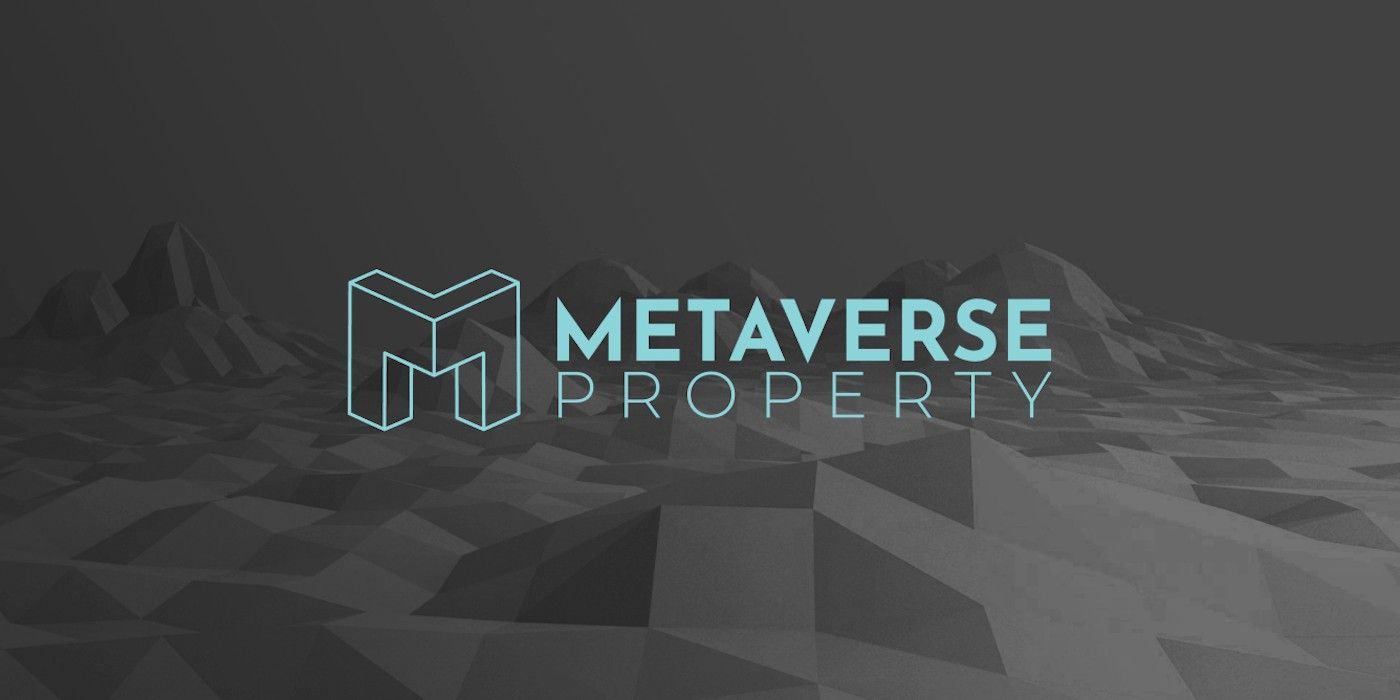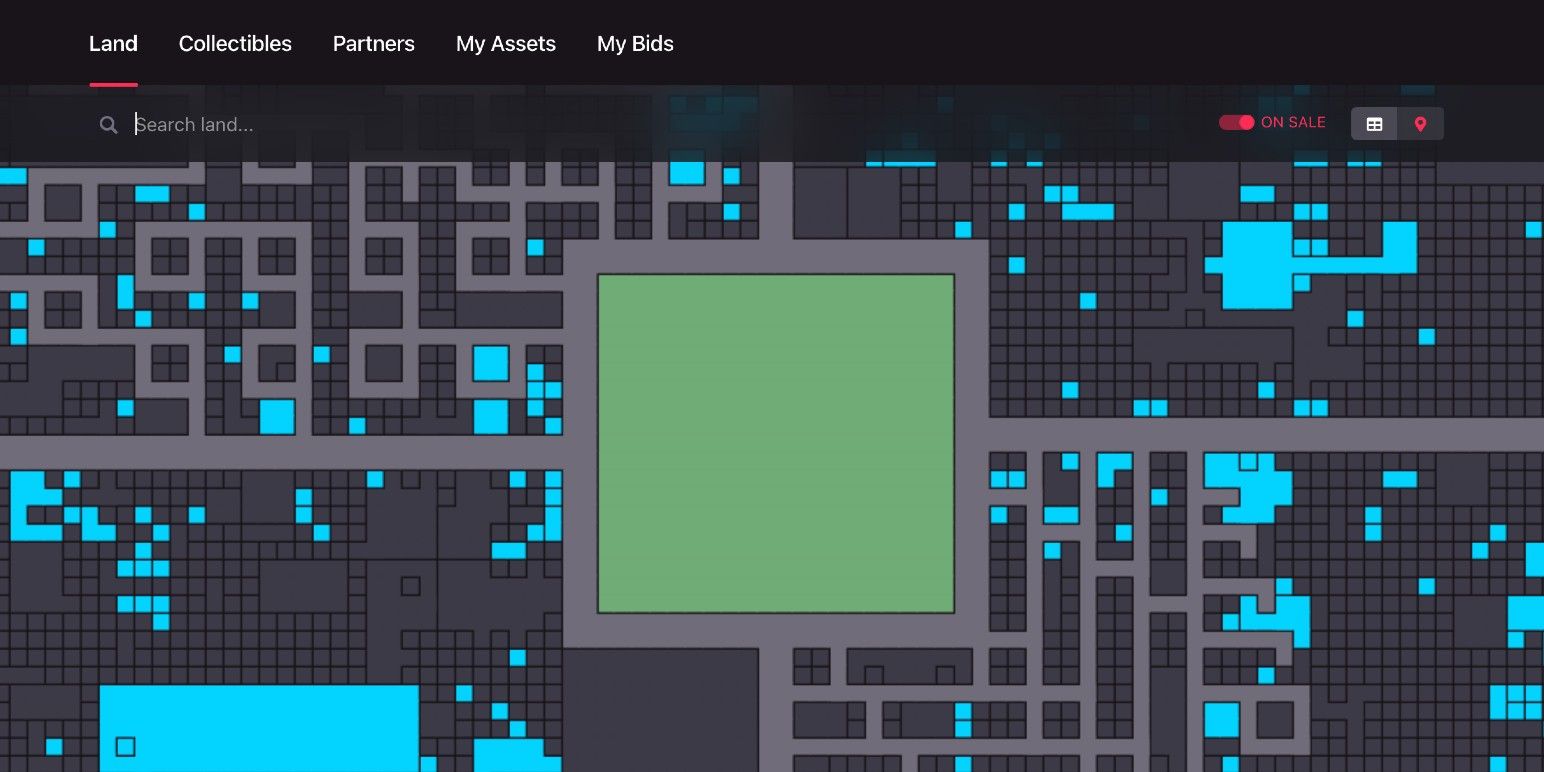The metaverse might just be a hyperbolic interpretation of virtual social reality, but it is emerging as the hotspot for multi-millions dollar real-estate investments in virtual land — even if the investors can't live in these virtual spaces. With the explosion of the term "Metaverse" — especially after Facebook's rebranding as "Meta" — tech companies are ushering to claim a stake in the revolution. Of course, this revolution can simply be the first step towards more immersive computing or the digital renaissance that many artists claim it to be. But one obvious thing is, virtual worlds are becoming exciting enough for million-dollar real-estate deals. Or could it just be another crypto trading fad?
Virtual real estate has been seducing investors and technopreneurs since the NFT (non-fungible token) boom. Earlier this year, artist Krista Kim sold a digital house as an NFT, and it was valued at 288 ether or nearly $500,000. The house is part of a metaverse, just like the one Facebook intends to create — or among the many others where users can interact in virtual reality. Decentraland is another such metaverse or virtual world that allows users to co-create, explore and interact with each other.
The most recent purchase of virtual land was in Decentraland and was valued at $2.43 million — the highest of its kind so far. In a press release, a company called Metaverse Group — owned by Tokens.com — confirmed it purchased an estate in the center of Decentraland's Fashion District for 618,000 mana (the cryptocurrency used inside the metaverse). The Metaverse Group desires to utilize this investment to have a stronghold in Decentraland's digital fashion industry, allowing users to choose outfits for their virtual avatars. Of course, none of this comes for free, and while the companies can be viewed as early visionaries in a promising new world, there can be dire and indisputable implications for users too.
Selling In Metaverse Has Consequences, Both — Good and Bad
Even without deep rumination, it is not difficult to draw a parallel between a metaverse like Decentraland and social media platforms. One of the primitive ways to see this deal is as an investment for ad landscape. Platforms like these, in general, should allow users to exist in their carefully curated digital personas, which can have both — good and bad — outcomes. Starting with the good ones, users can find a way to express themselves through their digital egos — especially with the properties they buy, make friends, and shop from the comfort of their homes (real ones). Users could choose to visit any place or event, control the weather and select which people can join. The metaverse might allow the user to shut out those not wanted, carefully consume good news and stay aloof of any bad news.
On the downside, a metaverse like Decentraland could become an escape for users, much like social media. The power to carefully choose the persona could lead to users eventually feeling depersonalized and distant from their actual lives. Ultimately, AR (augmented reality) addiction could become as grave as smartphone addiction. Users might just buy digital assets in the metaverse out of the fear of missing out (FOMO). Those unable to purchase digital assets might feel disheartened or even become depressed or anxious. It could be even worse when Big Tech indulges and tries to change the odds in their favor. At this point, it might not take long for technology companies to develop a big conglomerate that controls not just one but all metaverses. It could prevent users from creating or curating their own digital spaces and limit access to virtual spaces, making them more exclusive to be able to earn more money.
In decades to come, Apple will have entirely replaced smartphones with AR. As a result, the boundaries between virtual and real worlds will dissolve, and more users may find it more convenient to pay for upgrading their avatars instead of working on their real selves. Whether this proliferation of the digital world has good or bad outcomes on humankind and its sanity is — alas — only for time to tell.
Source: Tokens.com


